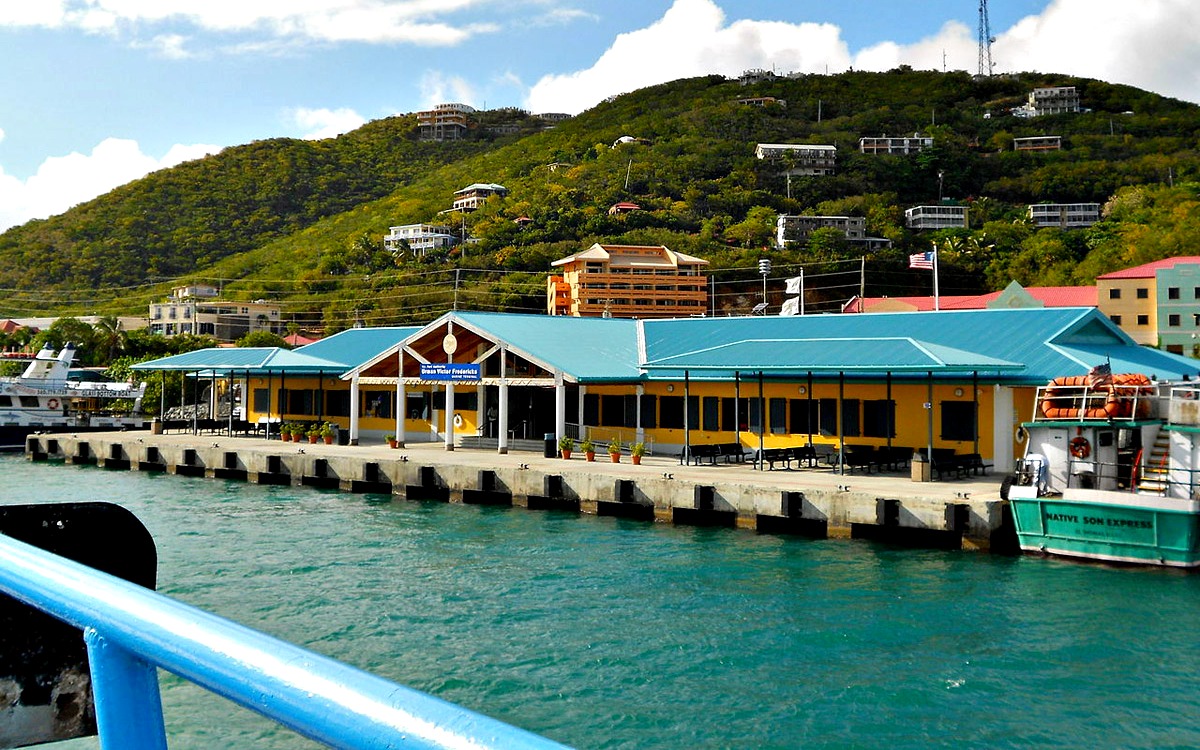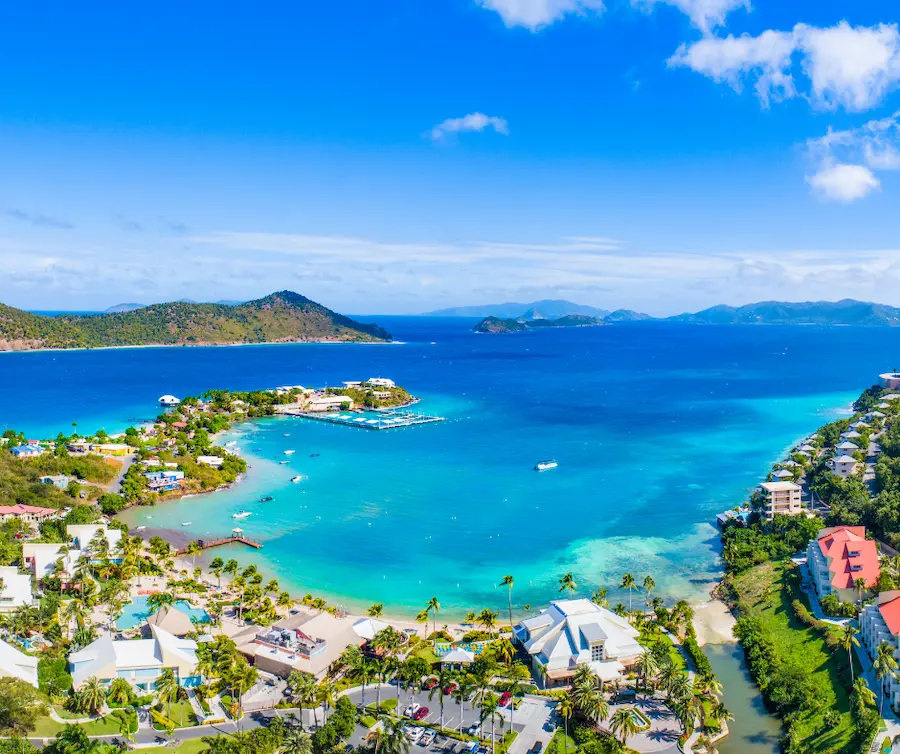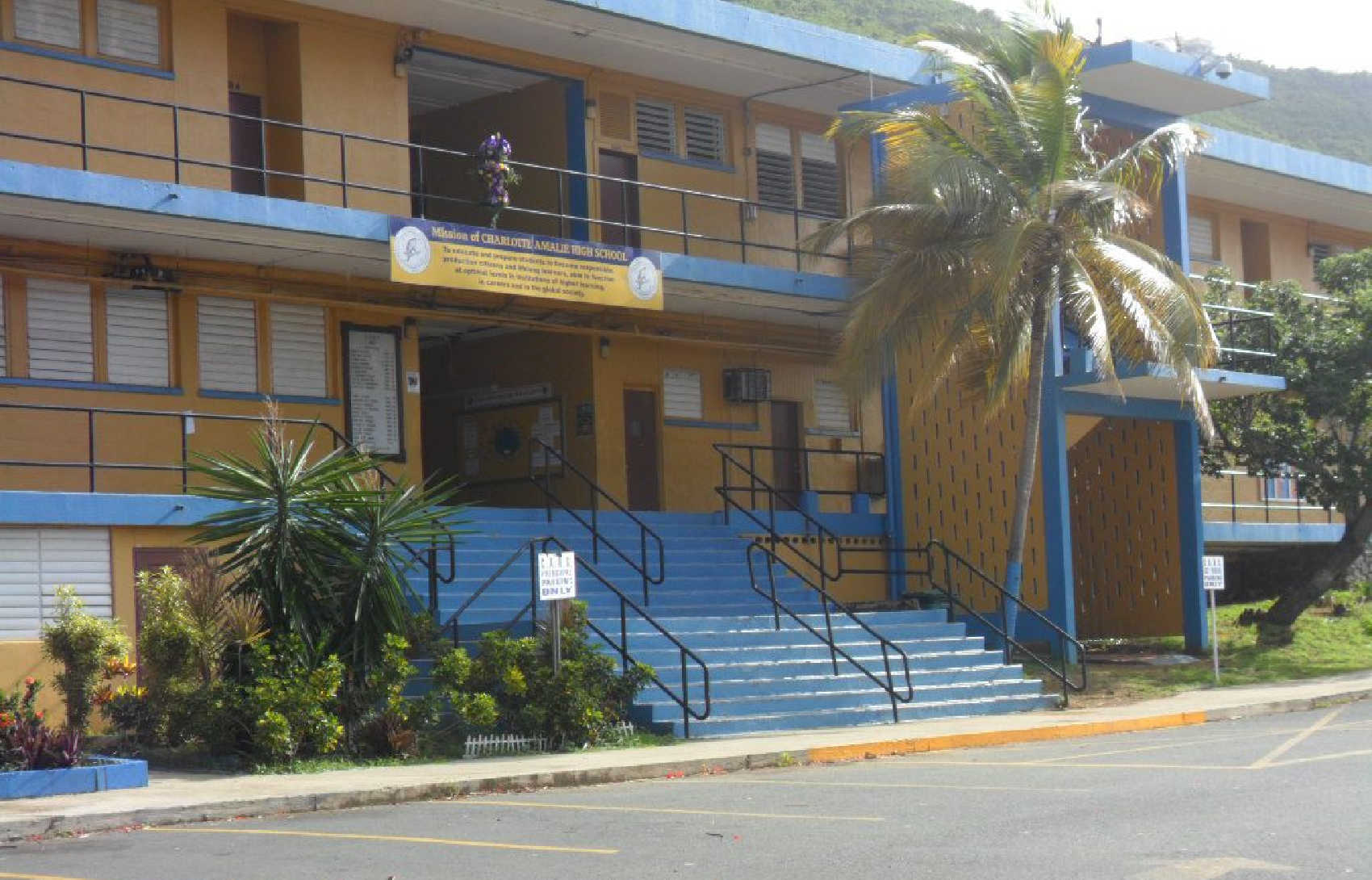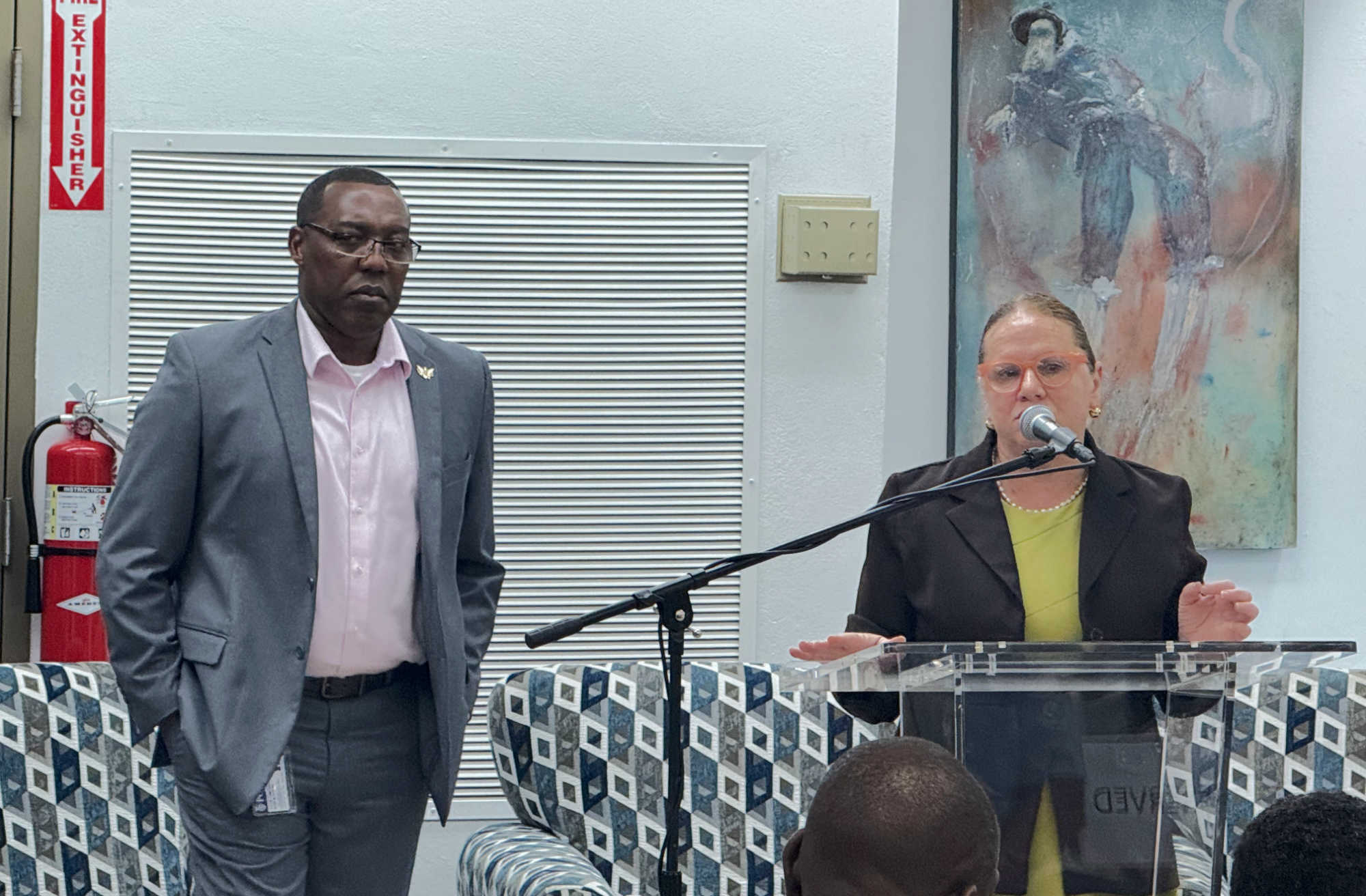

Consider a worker who is victimised because of his race or religion.
Or an expatriate whose employer confiscates her passport in order to control her movements.
Or a woman who is abused repeatedly by her spouse.
Or a resident who turns to a powerful public officer for help and instead suffers harassment and threats of reprisals.
Such human rights abuses are too common in the Virgin Islands, and victims often have nowhere to turn. The extent of this problem, however, would almost certainly be reduced with the help of the Human Rights Commission provided for in the 2007 Constitution.
Unfortunately, this badly needed watchdog still does not exist after nearly two decades of promises from successive governments.
Kudos, then, are due to the Deputy Governor’s Office for recently holding public consultations about a long-delayed bill that would establish the commission. Kudos are also due to all who provided input.
Of course, a commission wouldn’t solve all human-rights problems overnight. But it could help significantly by carrying out its expected duties, which include educating the public about their rights; hearing complaints and issuing advice to address them; serving as a watchdog and reporting abuses to the attorney general; and weighing in on rights-related legislation and public policy, among others.
Now that consultations are wrapping up, the government and the House of Assembly must get serious about bringing the bill forward and passing it as soon as possible.
As part of that process, they must consider all public input they received and incorporate it into the final legislation.
One particularly important recommendation has been repeated often: The commission should have teeth.
We agree strongly. Too often in the VI, watchdogs are established but never given the power they need to carry out their mandate. Instead, they suck down public dollars while spinning their wheels.
The Human Rights Commission must be different.
It should have the power to enforce its decisions and penalise violators — for instance, by taking legal action against public agencies and businesses that breach equality laws or otherwise abuse human rights.
Its leaders should be appointed through an apolitical process that gives them independence and protection from elected governments’ whims.
Also as recommended at public meetings, the bill should include protections for people who report violations.
The human rights chapter in the 2007 Constitution was a major step in the right direction. But without a strong Human Rights Commission, the chapter could prove to be little more than a paper tiger.
After nearly 20 years of delays, the government must put aside excuses and establish the watchdog straightaway.
Related News

Tip Leads to Arrest of Illegal Immigrant Arriving in St. Thomas Through Red Hook Ferry Ter...

Where Angels Fear to Tread

CAHS Students Arrested and Charged After Campus Robbery and 3-on-1 Assault

